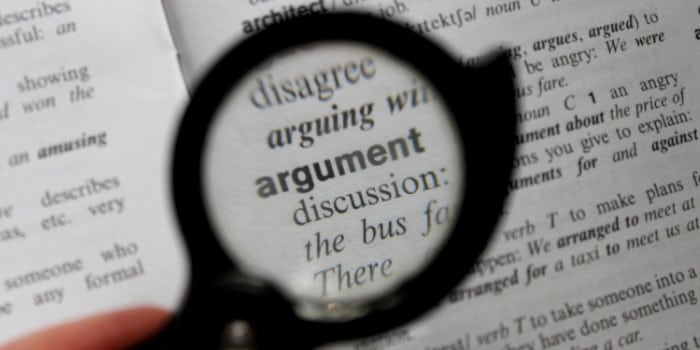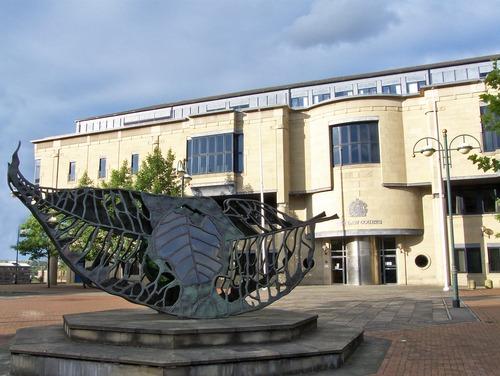MGM CEO Urges Strong Regulation as Prediction Market Rift Grows

BREAKING: MGM Resorts International CEO Bill Hornbuckle has just reaffirmed his stance that the burgeoning prediction market should face the same stringent regulations as traditional sports betting. His remarks, made during a meeting with the Nevada Gaming Commission today, highlight a widening rift in the U.S. gaming industry.
During the session, Hornbuckle commended state regulators for taking a firm stand against tech companies eager to establish sports-event trading platforms. He noted that recent guidelines from Nevada regulators provide essential clarity for existing gaming license holders in the state, as reported by Covers.
Hornbuckle emphasized that these innovative trading products, often marketed as financial instruments by tech firms, are essentially just a new form of sports betting. He argues that they should be governed by the same regulatory and tax frameworks that apply to sportsbooks across Nevada and other states.
This urgent update follows a turbulent week in the gaming sector, as FanDuel relinquished its Nevada license and DraftKings opted not to pursue one. Both companies are keen on launching platforms allowing users to buy and sell outcomes of various sports events, marking a significant shift in strategy.
The decision by these digital-first companies to step away from Nevada underscores the growing conflict between traditional casino operators and tech-oriented firms. The Nevada Gaming regulators have warned that participation in these markets, even from outside the state, could jeopardize a company’s gaming license. This caution is particularly significant for large resort operators, for whom losing a gaming license would be catastrophic.
“Offering contracts on sports events fits the definition of betting activity under state law, regardless of federal oversight,” Nevada regulators stated.
For industry giants like MGM, Caesars, and PENN, the landscape is fraught with risk. Hornbuckle pointed out that casinos must adhere to state mandates, emphasizing that the industry has consistently pushed back against federal involvement in gaming oversight. As regulators in multiple states signal caution, maintaining a conservative approach appears to be the priority.
Meanwhile, FanDuel is not backing down completely; the company has unveiled plans to launch a new app in partnership with CME Group. This app will enable users to bet on results across major sports and financial indicators, although it will withdraw those products from states once sports betting becomes legal there.
As the situation evolves, the implications of these developments are significant for consumers and operators alike. The emerging divide between established casinos and tech-driven enterprises will likely reshape the landscape of sports betting in the United States.
Stay tuned for more updates as the Nevada Gaming Commission continues to navigate these complex challenges and the implications for the future of prediction markets in the gaming industry.






